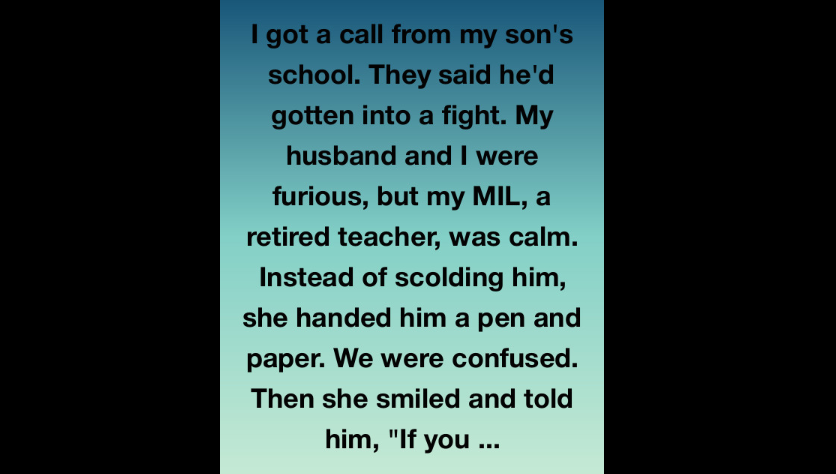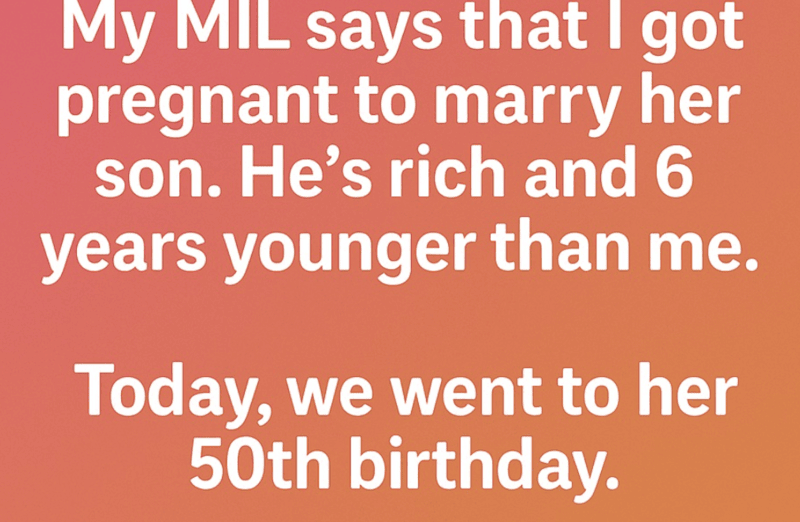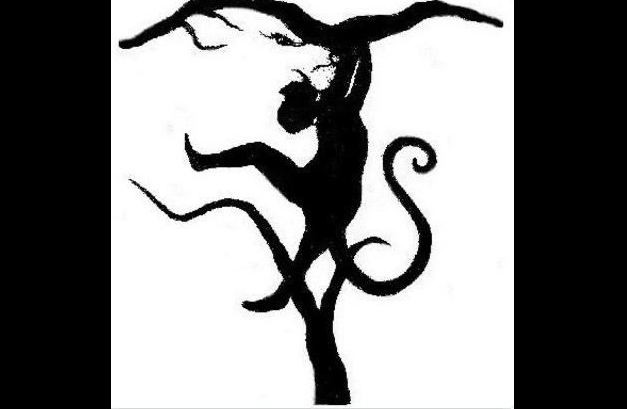A frantic communication arrived from my son’s school. The message detailed his involvement in a physical confrontation. My husband and I were absolutely incensed, yet my mother-in-law (MIL), a professional educator in retirement, maintained her complete composure. Rather than launch into a lengthy lecture, she presented him with a ballpoint pen and a clean sheet of paper. We exchanged puzzled glances. She then offered a gentle smile and delivered her directive: “If you possess the capacity to throw a punch, you certainly possess the capacity to articulate your perspective with written words as well.”
My son, Radu, stared up at her, his eyes wide with surprise. He was only ten years old but already exhibited that defiant set of his jaw, a signal that he felt fundamentally misunderstood. He regarded the writing instrument as though it were a severe sanction, far worse than forfeiting his digital tablet for an entire week.
“I have no desire to write anything,” he mumbled under his breath.
My MIL, Lidia, settled further back into her chair, completely unperturbed by his resistance. “In that case, you are not prepared to engage in conversation,” she stated with a quiet finality.
Radu slowly took a seat, his arms locked across his chest. My husband, Victor, began to interject, but I quickly placed a restraining hand on his arm. I understood that my mother-in-law, Lidia, had a carefully constructed strategy. She always did.
Later that evening, following dinner, Radu entered the kitchen with unusual silence. “What am I even supposed to commit to paper?” he asked, his voice barely a whisper.
Lidia extended the same pen and paper to him again, her manner much softer this time. “Begin with the initial incident that fueled your anger today. Concentrate on that alone.”
He positioned himself at the kitchen table. The silence stretched for a substantial period, broken only by the distinct scratching sound of the pen against the sheet. Thirty minutes passed before he handed her a single completed page. I leaned in to read over her shoulder.
“It wasn’t confined to today. He has been systematically insulting me since September. At every single lunchtime, he would toss snack chips at me and laugh along with his companions. I brought it to the teacher’s attention once, but he assured her I was fabricating the story. So I decided to quit reporting it. Today, he seized my personal water bottle and emptied its contents all over my school bag. My entire homework assignment was ruined. When I instructed him to cease, he shoved me, which is when I struck him.”
The writing was far from immaculate. Several words contained spelling errors. Yet, the content was visceral and honest. Lidia slowly nodded her head, her lips pressed firmly together.
“Is this entire situation known to the school administration?” she inquired of him.
Radu shook his head dejectedly. “No one pays attention when you’re not perceived as a popular kid.”
Victor’s shoulders slumped. I experienced a sensation akin to being physically struck in my abdomen. Throughout this ordeal, I had presumed he had merely lost control impulsively. In truth, he had been silently escalating for months.
A Voice in the Meeting
The following morning, Lidia accompanied us to the scheduled school meeting. Victor adopted his official ‘dad expression’—his jaw tightly set, maintaining a veneer of politeness but emotionally distant. I was a bundle of nerves.
The principal initiated the discussion with a severe and unyielding tone. “Mr. and Mrs. Dobre, your son was the individual who delivered the first punch. We maintain a zero-tolerance policy regarding physical aggression.”
Before either of us could utter a single syllable, Lidia stepped into the foreground. “May I present something?” she requested, lifting the sheet of paper.
The principal appeared momentarily confused but consented with a nod. Lidia then presented Radu’s handwritten statement.
As the principal absorbed the text, the rigid line of his brow noticeably softened. He shifted his gaze toward the classroom teacher seated alongside him. “Were you aware of any of these circumstances?”
The teacher shook her head hesitantly. “I have never personally witnessed any of this, however… I have observed that the other boy does have a history of teasing other students.”
“Did anyone consult with Radu before making a determination regarding his punishment?” Lidia asked, her voice as level and composed as ever.
A lengthy pause ensued. The profound silence served as its own answer.
“I believe,” she proceeded, “before we assign penalties to children for the manner in which they ultimately erupt, we have an obligation to investigate what initially caused them to ignite.”
The conversation transformed into a productive dialogue. Radu ultimately avoided a full suspension. The school agreed to conduct a more thorough investigation into the claims of persistent bullying.
But the most significant turn of events had yet to occur. That would surface later.
The Ripple Effect of Words
A single week elapsed. Radu appeared noticeably lighter in spirit. He began a regular practice of journaling. Not a daily occurrence, but often enough to notice. He even made a request for a new, dedicated notebook.
One evening, I received a private message on Facebook. It originated from a woman named Anca. Her name was unfamiliar. However, her profile photograph showed a woman with kind, warm eyes and visible signs of fatigue around her mouth.
“Hello, I hope this communication isn’t too unusual. I am Filip’s mother. He is the boy involved in the altercation with Radu. I wanted to express my gratitude… and offer my apologies.”
I momentarily froze. I immediately presented the screen to Victor.
We arranged to meet at a park situated close to the school. The boys immediately ran toward the swings, displaying an initial awkwardness, but no longer harboring open animosity. Anca sat down next to me and shared her personal narrative.
Filip’s father abruptly left the family when he was seven years old. He simply gathered his belongings and disappeared. Filip had once been a polite, gentle, and sensitive child. After his father’s abandonment, he became hardened. He commenced a pattern of picking on his schoolmates. She admitted she had absolutely no concept of the severity of his actions.
“I was allowed to review the statement your son composed,” she explained. “The school counselor shared it with me. It truly impacted me profoundly.”
I had certainly not anticipated that revelation.
As it happened, she had actually printed a copy of the note. She kept it folded in her personal wallet. “It served as a persistent reminder for me to inquire about what my son is experiencing emotionally instead of merely issuing instructions on what he should be doing.”
From that day onward, the boys established a new foundation. They were not close friends, but they had reached an amicable arrangement. That conclusion was entirely sufficient.
From Playground to Published Voice
Summer arrived and then concluded. Radu celebrated his eleventh birthday. He enrolled in a creative writing club. On the very first session, he contributed a brand-new short story. I discreetly read the final page one evening. It concluded with this sentence:
“He was not a cruel person. He was simply hurting inside. And no one noticed it until he caused pain to someone else.”
Tears welled up in my eyes.
By the onset of winter, he had successfully completed three entire stories. I uploaded them to a simple, personal blog. One evening, without informing anyone, he sent the link directly to his teacher. She was greatly impressed. She proceeded to share it with the school’s librarian. They took the step of printing one story and prominently displaying it in the reading corner.
Subsequently, a number of other students began writing. Some contributed poetry. Others created brief comic strips. A quiet but significant wave of change had begun.
Then, a most unforeseen development took place.
We received a telephone call originating from the mayor’s office. A local non-governmental organization (NGO), which concentrates on youth mental health, had discovered one of Radu’s stories via the school’s web page. They expressed a desire to incorporate it into a printed anthology titled “Voices of the Playground.”
They contacted us to ascertain if we would grant permission. Radu was beaming with pride for a continuous forty-eight hours. When the published book was released, we purchased a total of ten copies.
But the story did not culminate there.
At a community event, the NGO extended an invitation for him to read a section of his story. He stood before an audience of fifty individuals, his hands visibly trembling, his voice quiet but possessing an undeniable certainty. At the conclusion, the crowd erupted in applause. A woman rose to her feet and declared, “I wish this resource had been available when I was a child.”
The most genuinely unexpected detail?
Filip read immediately after him.
Yes. The very same Filip who had previously tormented him.
He shared a poem. It was brief, but overflowing with expressions of regret and future hope. The two boys embraced afterward. It was not a coerced gesture. It was profoundly sincere.
That night, as we walked the distance back to our home, Radu made a personal declaration: “I think my aspiration is to become a writer. But the kind of writer who provides assistance to people.”
Lidia smiled, her eyes glistening perceptibly in the darkness. “In that case, ensure you always keep that pen readily available. You possess no idea whose life it is destined to touch.”
The Enduring Power of a Note
The years accumulated.
Radu never ceased his writing. His blog gained traction. A high school educator provided assistance for him to publish his first formal collection: “Notes from a Quiet Kid.” He was seventeen years old.
He secured acceptance to university on a merit-based scholarship. This achievement was not solely due to his academic record, but specifically because of his extensive writing portfolio. One of the critical essays he submitted?
It was the original note he had composed at the age of ten. The initial sheet of paper.
And here rests the true, underlying moment of revelation.
At his university graduation celebration, a young man approached us. He looked familiar, albeit older.
“I am uncertain if you retain any recollection of me,” he began, offering a smile. “I was in Radu’s class. I generally sat two rows behind him. I did not vocalize my thoughts at the time, but… his stories motivated me to seek out a conversation with someone. I eventually made an appointment with the school counselor. I was grappling with anxiety and lacked the vocabulary to define it until I read his description of that feeling of being trapped inside your own thoughts.”
He firmly shook Victor’s hand. He embraced me. He conveyed his thanks.
This scenario repeated itself. And then it happened yet again. A brief digital message here. A whispered, heartfelt thank you at a bookstore reading. A handwritten message from a young person residing in a completely different city.
All of it stemming from that solitary day.
The day a young boy chose composition instead of conflict.
The day a grandmother offered a writing instrument rather than elevating her voice.
The day we elected to practice listening as opposed to reacting impulsively.
A Final Lesson Learned
Reflecting upon that period, I occasionally find myself pondering: What might have been the outcome if we had simply screamed? If we had imposed a harsh grounding? If we had permitted our anger to drown out the potential for understanding?
We would have been completely unaware of all that followed.
Therefore, here is the knowledge I have gained, and perhaps it will possess significance for someone reading this account:
Sometimes, the most demanding conflicts our children endure are not external battles with others, but internal struggles within themselves. And if we choose to provide them with a consequence instead of supplying them with constructive instruments, they will continue to suffer silently—or, a more tragic outcome, they will remain completely unheard.
But if you offer them a means of expression? If you grant them necessary space?
You might very well bear witness as they develop into an individual who offers healing to others as well.
If this narrative resonated with you, if it brought to mind an individual in your own life—please share it widely. Engage with it. Allow another person to recognize the inherent strength of truly listening, of committing thoughts to paper, of selecting empathy over uncontrolled anger.
You have no way of knowing who requires that powerful reminder today.




